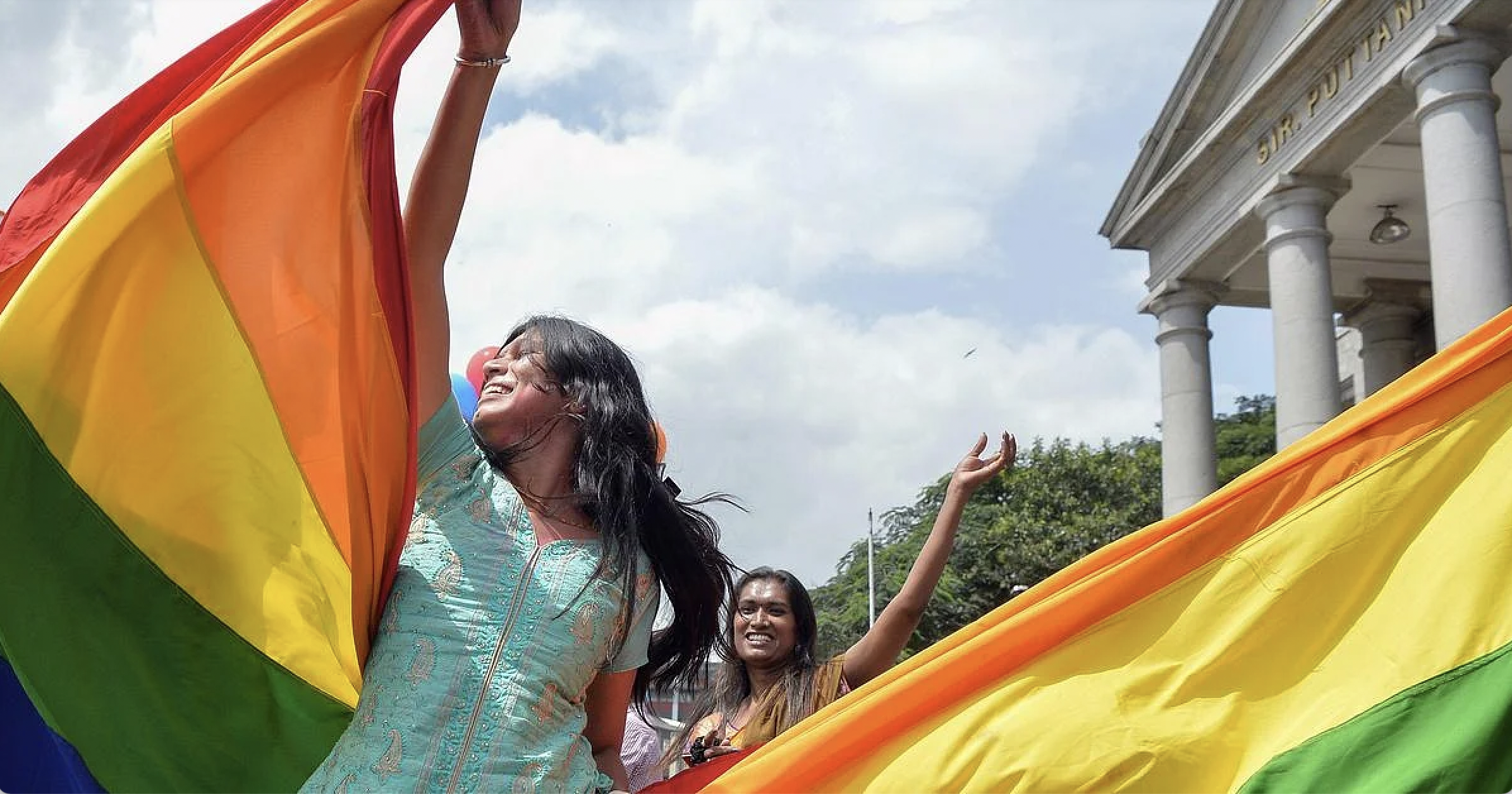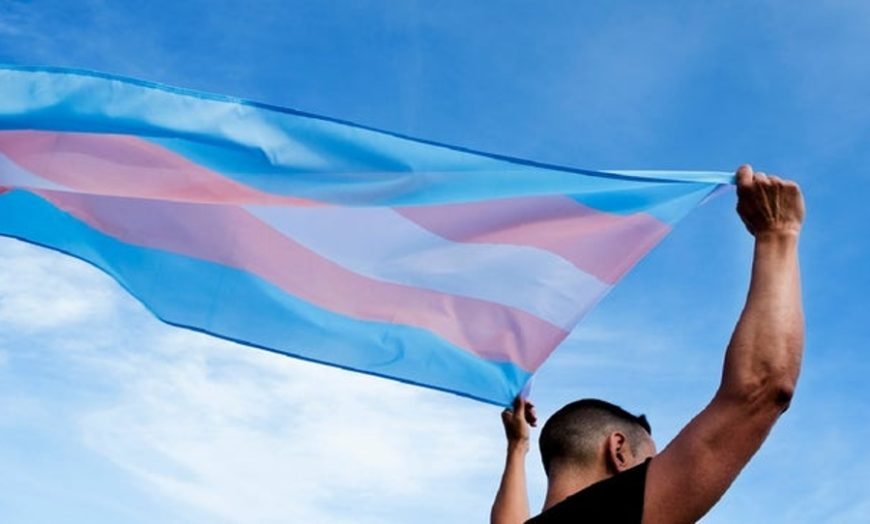ILGA Asia applauds the Tamil Nadu State Gov't for amending law to enforce police accountability & protection of LGBTIQ persons against harassment
Representative image - Manjunath Kiran/AFP/Getty
‘A welcome first step towards justice & protection’
Tamil Nadu, India, 17 February 2022 – The Tamil Nadu Government has notified an amendment to the State’s Subordinate Police Officers’ Conduct Rules 1964, by the inclusion of Rule 24-C, prohibiting police officers from harassing or discriminating against LGBTIQ persons. ILGA Asia applauds the Tamil Nadu State Government for advancing towards the protection and promotion of SOGIESC rights in India.
Responding to the amendment, Ajita Banerjie, ILGA Asia’s Research Officer said,
“The amendment to the Subordinate Police Officers’ Conduct Rules, to prevent harassment of the LGBTIQ community is a welcome step in the right direction to ensure accountability and justice. Systemic discrimination and prejudiced attitudes of police officials have a negative impact on LGBTIQ individuals’ ability to access the justice system. The State authorities must ensure that the amended law is implemented and all human rights abuses against LGBTIQ persons are investigated in line with international human rights law.”
Background
The amendment was notified in the Tamil Nadu Government Gazette in the exercise of the powers conferred by Section 8 of the Tamil Nadu District Police Act, 1859 and Section 9 of the Chennai City Police Act, 1888. Rule 24-C in the amended Police Conduct Rules reads as follows:
“No police officer shall indulge in any act of harassment of any person belonging to the LGBTQIA+ (Lesbian, Gay, Bisexual, Transgender, Queer, Intersex, Asexual) community and the persons working for the welfare of the said community.”
The above development is a result of a protection plea filed by a lesbian couple in Tamil Nadu facing police harassment. The Court had issued a host of directions against police harassment and insensitive media reportage in matters pertaining to the LGBTIQ community due to which they are unable to access the justice system. The ruling noted:
“A specific clause is to be added in the Police Conduct Rules specifically providing that any harassment by the police to the persons belonging to the LGBTQIA+ community and the activists and NGO workers, will be treated as misconduct and will entail a punishment for such misconduct.”
Manuraj, a Tamil Nadu based lawyer, reflected on the far-reaching impact of the amendment:
"This is the first government in India to take cognisance of the problems faced by the LGBTQIA+ community at the hands of police officials. This is also the first time any government in India has directly recognised the LGBTQIA+ community at large in an executive order, and this will have wider and long-term positive ramifications for the community."
Grace Banu, a Tamil Nadu based Dalit & transgender rights activist, responding to this amendment said,
“Transgender people face transphobia and violence from society, and when they go to file police complaints they face even more discrimination, abuse, harassment and sexual violence at police stations. In Jayalakshmi v. State of Tamil Nadu, 2006, the Madras High Court found a police officer guilty of custodial violence against a transgender woman, including physical and sexual assault, which led to her suicide. In 2016, Tara, a 28-year-old transgender woman was found dead outside a police station in Chennai, Tamil Nadu after being harassed and assaulted by the police.”
There is overwhelming evidence of police brutality against LGBTIQ individuals, especially transgender women who engage in sex work and begging. Reports have highlighted that LGBTIQ persons in India are subjected to violence and discrimination by police officials including arbitrary arrest, illegal detention and custodial torture. The Indian Supreme Court’s landmark judgment in Navtej Singh Johar v. Union of India, 2018, had also taken note of gross human rights violations against the LGBTIQ community by police officials.
Grace Banu applauded the amendment and hopes for strict action to be taken against police officials who violate LGBTIQ persons’ human rights.
“We need strong legislation to protect us from such targeted abuse and violence. In that light, we welcome this amendment as a first step towards ensuring justice.”



